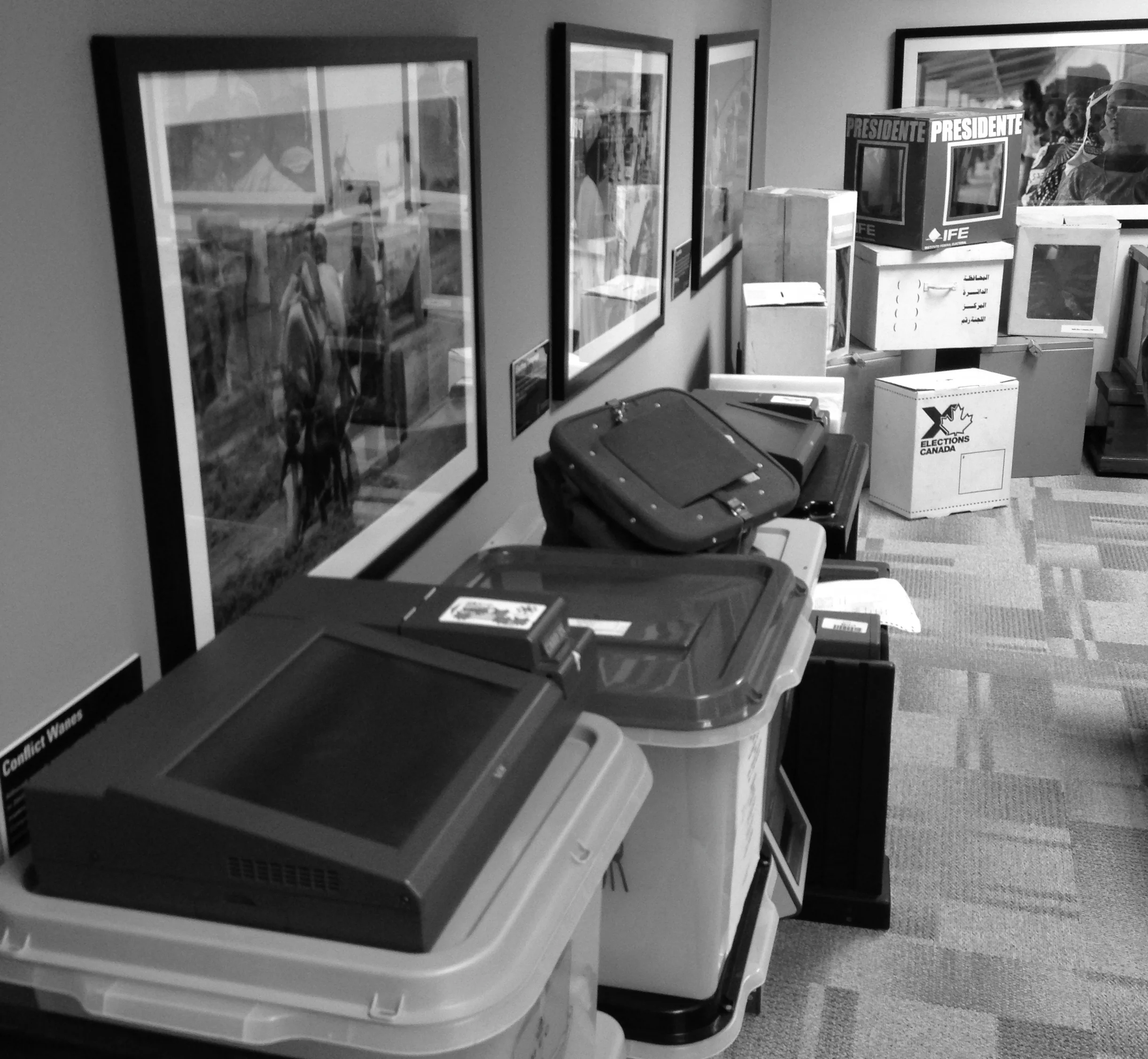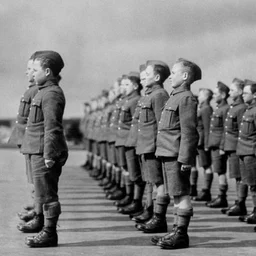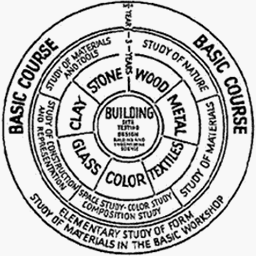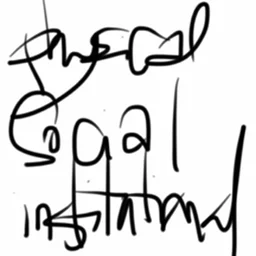deconstructing school choice
/The principle of school choice is not as simple as upholding the rights of autonomy of families to make decisions about the education of their children. There are important considerations related to social justice, social cohesion, and so on. Private schools which are permitted to charge tuition are often able to generate large operating budgets, which can enable them to create better educational opportunities for the students there. This effectively allows wealthy parents to give their children an advantage over children from poor families, which undermines the principles of social justice. Charter schools with voucher systems, which allow families to effectively transfer their child's portion of public education funding from one school to the next, attempt to circumvent this issue by providing full public funding without any allowance for additional tuition fees. However, even in these cases, although financial inputs may be equal, there is still a social justice issue, because only the most active and engaged families (often those with the most educated parents) will do the research and leg work to make the best choices for their child's education
Read More










